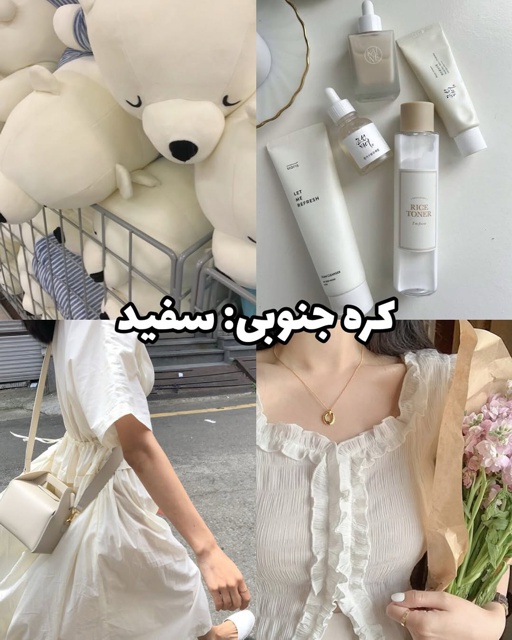For centuries, Koreans were known as the “White-Clad People”, or Baek-ui Minjok. Traditional Korean clothing (hanbok) was often made of white cotton or hemp, reflecting simplicity, modesty, and cleanliness. White became a national symbol — representing the honest and humble character of the Korean people. Even during times of hardship or colonial rule, Koreans continued to wear white as a quiet form of cultural pride and resistance. In Korean thought, white is associated with the element of metal in traditional East Asian philosophy and symbolizes righteousness, faith, and clarity.
It represents the beginning and end, the cyclical nature of life, and the connection between heaven and earth. It’s both a spiritual and philosophical color — embodying honesty, balance, and harmony. Traditional Korean houses (hanok) feature white walls and clean lines to reflect purity and light. The famous Joseon white porcelain represents refinement and spiritual simplicity. Today, white dominates in Korean interiors, fashion, and technology — symbolizing modernity and calm.


